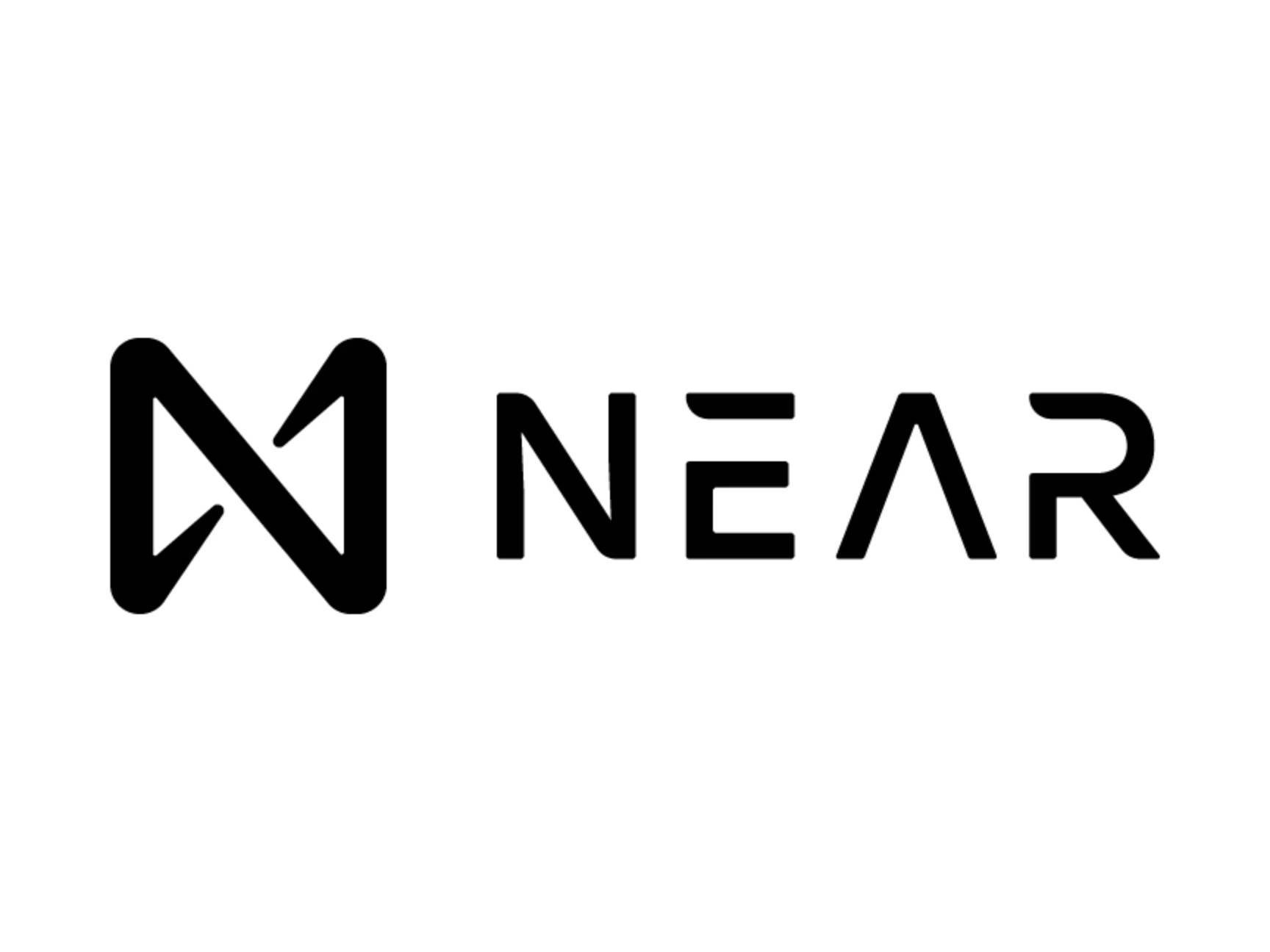Subscribe to wiki
Share wiki
Bookmark
NEAR Protocol
NEAR Protocol
Overview
NEAR Protocol utilises a unique sharding technology called Nightshade and a proof-of-stake consensus mechanism named Doomslug to achieve high scalability and near-instant transaction finality. The platform can process up to 100,000 transactions per second while maintaining minimal transaction fees [1]. [2]
Technology
Sharding Solution
The protocol's Nightshade technology improves transaction throughput by allowing individual sets of validators to process transactions in parallel across multiple sharded chains. Unlike traditional sharding, Nightshade shards produce "chunks" that form fractions of the next block [1].
Tokenomics
Token Distribution
The initial token distribution of the total 1 billion NEAR tokens was allocated as follows:
- 17.2% - Community Grants
- 11.4% - Operation Grants
- 10% - Foundation Endowment
- 11.7% - Early Ecosystem
- 14% - Core Contributors
- 6.1% - Small Backers
- 12% - Community Sale [1]
Token Utility
The NEAR token serves multiple purposes within the ecosystem:
- Transaction fee payment and data storage costs
- Validator node operation through staking
- Governance participation for network resource allocation [1]
Ecosystem Development
Funding Initiatives
In October 2021, NEAR announced an $800 million ecosystem funding initiative, including:
- $350 million from Proximity Labs
- $250 million for existing project scaling
- $100 million allocated to Startup Grant Pools [1]
Governance
The NEAR Foundation, a Swiss-based non-profit organization, oversees protocol maintenance, ecosystem funding, and governance guidance. The foundation works alongside the NEAR Collective, a community responsible for updating the initial code and releasing ecosystem updates [1].
Technical Infrastructure
The protocol features:
- Bridge to Ethereum enabling ERC-20 token transfers
- Carbon-neutral blockchain design
- Integration with multiple programming languages [1]
Shade Agents
Shade Agents are multi-chain AI-powered smart contracts that are fully verified on-chain and designed to eliminate single points of failure. Using NEAR's Chain Signatures for decentralised key management, Shade Agents leverage worker agents running in Trusted Execution Environments (TEEs) to securely access off-chain data and execute decisions using advanced AI models.
See something wrong?
